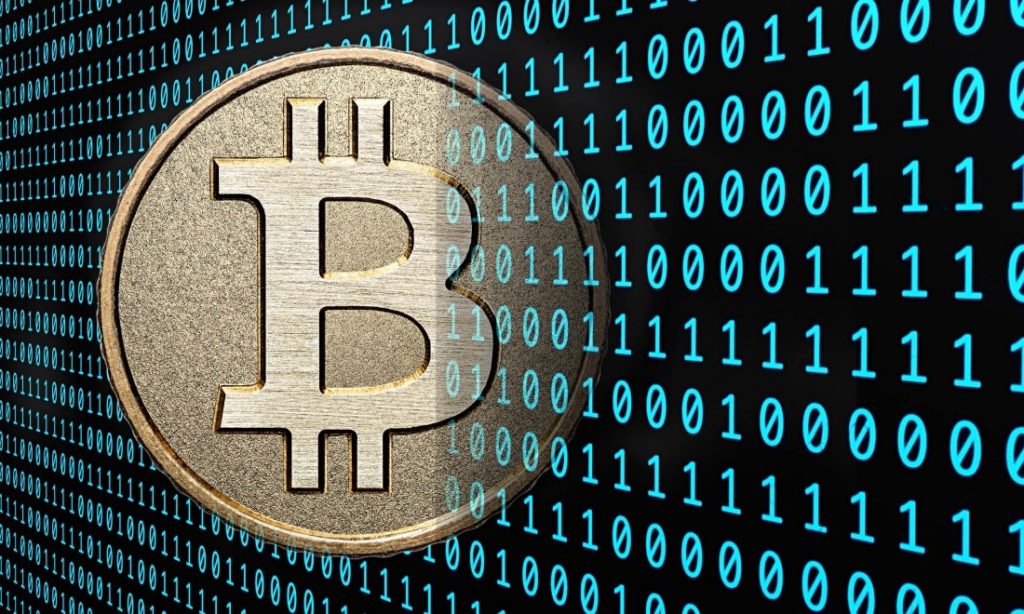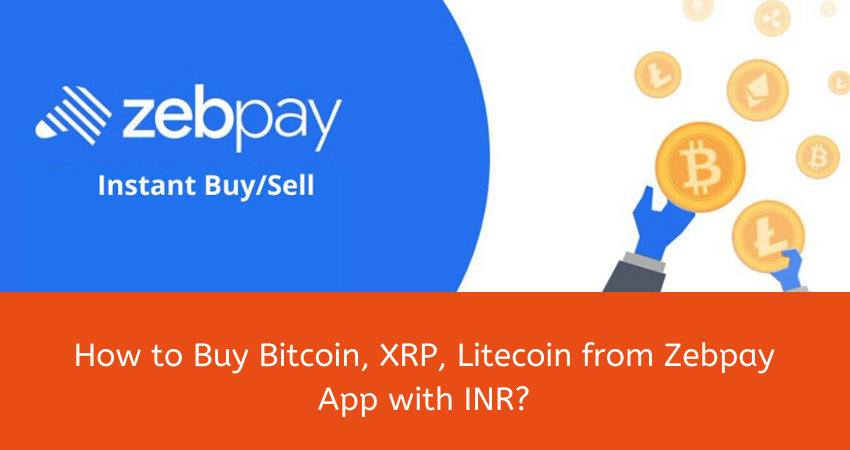The rapid rise of Bitcoin and other cryptocurrencies has not only attracted investors but also scammers looking to exploit the inexperienced. Navigating this space requires more than just market knowledge—you need to be aware of various scams that can drain your funds or compromise your security. In this article, we cover some of the most prevalent Bitcoin scams and how to avoid them.
Here are some common Bitcoin Scams:

1. Blackmail Scams
One of the most common scams is blackmail. Scammers claim to have hacked your computer and threaten to release compromising information or media unless you pay them in Bitcoin. They often use stolen email lists to run this scam across thousands of people at once. Never engage with these emails—mark them as spam and delete them immediately.
2. Fake Bitcoin Exchanges
Fake exchanges are another growing threat. These platforms often lure people in with too-good-to-be-true prices. Always use reputable exchanges, and double-check URLs before making any transactions. A small oversight could lead to significant financial losses.
3. Free Giveaway Scams
Beware of any social media posts or websites offering free Bitcoin or other cryptocurrencies in exchange for personal details or small payments. These scams are designed to collect your information or steal your funds. Report any such posts to help protect others from falling victim.
4. Impersonation Fraud
Scammers often create fake accounts mimicking well-known figures in the crypto space. They may respond to posts or send direct messages offering fake giveaways. Always verify the legitimacy of any account by checking for official verification badges or reaching out through multiple channels.
5. Malware Attacks
Cybercriminals can use malware to change the Bitcoin address you’re sending funds to, without you even noticing. Always double-check addresses before making transactions. To reduce risk, ensure your devices are protected with reputable antivirus software.
6. Meet-in-Person Scams
Trading Bitcoin in person with strangers is risky, as it could result in theft or injury. Whenever possible, use a trusted platform that offers escrow services to avoid face-to-face meetings.
7. Phishing Emails and Websites
Be cautious of emails that seem to come from services you use, asking you to click links or reset your passwords. These phishing emails often link to fake websites designed to steal your login credentials. When in doubt, visit the service’s official site directly instead of clicking any links in the email.
8. Ponzi and Pyramid Schemes
Avoid investment opportunities that guarantee high returns or ask for upfront deposits. These are classic Ponzi and pyramid schemes, where early investors are paid with the funds of new investors. Such schemes inevitably collapse, leaving most participants at a loss.
9. Ransomware
Ransomware is a form of malware that blocks access to your files until you pay a ransom in Bitcoin. Never pay the ransom—instead, seek professional help to remove the malware.
10. Pump-and-Dump Schemes
If someone encourages you to invest because they “know” Bitcoin’s price is about to skyrocket, be wary. This is likely a pump-and-dump scheme, where the organizer artificially inflates the price before selling their holdings and leaving others with losses.
11. Scam Coins
When investing in alternative coins (altcoins), beware of scam coins that promise exaggerated returns. These scams often feature flashy websites and large communities to create a fear of missing out (FOMO). Research thoroughly before investing in any altcoin.
By understanding and identifying these scams, you can better protect your investments and avoid financial loss. Stay vigilant, use reputable platforms, and always double-check your sources of information.
I am Pawan Kashyap currently living in Amritsar. I always try to grab new things from the cryptocurrency market. From my observations and trends in the market, I always try to provide the best and accurate information in the form of articles from this blog. Follow us on Facebook, Instagram, and Twitter to join us.








